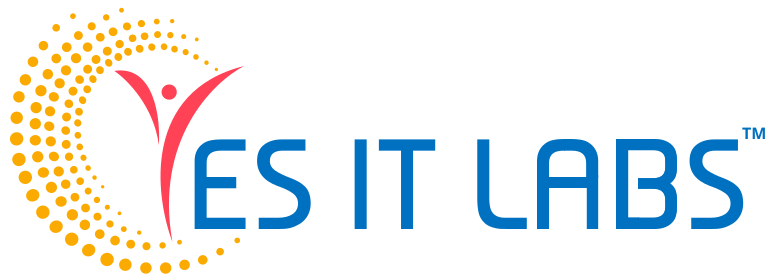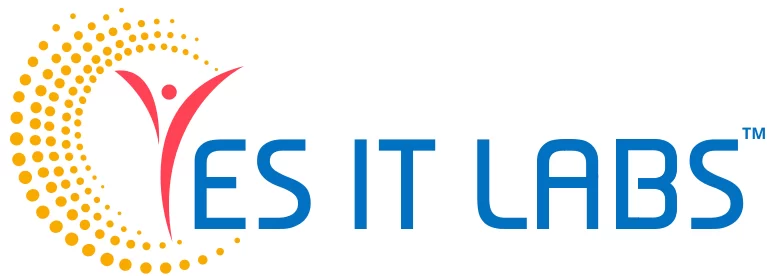Introduction
So, you’re on the exciting road to crafting your custom iOS app. Congratulations! But hold on a sec – before you rev up the development engines, there’s a crucial decision to make: SwiftUI or Swift Storyboard?
It’s like choosing the perfect route for a road trip; each has its perks and quirks, and the choice significantly impacts your app’s destination. Let’s take a stroll through these development paths, weighing their pros and cons.
SwiftUI: The Trailblazing Path
Ah, SwiftUI – Apple’s shiny new framework that’s got developers buzzing. This modern UI toolkit is like the sleek, futuristic highway promising a smooth ride. With its declarative syntax, SwiftUI simplifies code, making it cleaner and more readable. Fancy a real-time preview? SwiftUI’s got your back, allowing you to see changes instantly.
Pros:
- Swift & Clean Code: SwiftUI’s declarative nature reduces boilerplate code, making it a breeze to maintain and understand.
- Live Preview: Instantly visualize your changes, tweaking designs on the fly without rebuilds.
- Cross-platform: SwiftUI can be used for various Apple platforms, saving time and effort for multi-device apps.
Cons:
- Learning Curve: It’s a paradigm shift, and mastering SwiftUI might take time, especially if you’re transitioning from Storyboards.
- Limited Features: Some complex UI components and functionalities might not be readily available in SwiftUI yet.
Swift Storyboard: The Trusted Highway
Storyboard, the familiar and well-trodden path for many iOS developers. It’s been around, it’s reliable, and for some, it’s a comfortable ride. This Interface Builder tool lets you visually lay out your app’s flow, connect components, and design interfaces without diving too deep into code.
Pros:
- Visual Interface Design: Drag-and-drop elements, connect screens, and design visually without needing extensive coding knowledge.
- Widespread Knowledge: Many developers are well-versed in Storyboards, making it easier to find support and resources.
- Robustness: For complex apps with intricate UI designs, Storyboards provide more comprehensive control.
Cons:
- Messy Code: Storyboards might lead to a cluttered, hard-to-maintain codebase, especially for larger projects.
- Compatibility Challenges: Collaboration on Storyboard-based projects might face version control issues, causing conflicts.
Choosing Your Adventure
Which path suits your expedition into custom iOS app development?
If you’re aiming for speed, adaptability, and a more straightforward learning curve, SwiftUI might be your ticket. It’s the shiny new road with exciting prospects. However, if you prefer the familiarity, control over intricate designs, and have a team well-versed in Storyboards, sticking to that might be the smoother ride.
But hey, it’s not all or nothing. Hybrid approaches exist, letting you merge SwiftUI with existing Storyboard-based projects, giving you the best of both worlds. You can gradually introduce SwiftUI into your workflow, embracing its advantages while leveraging the strengths of Storyboards.
Remember, your choice depends on the project’s complexity, your team’s expertise, and your inclination towards innovation or sticking to the tried-and-tested.
Final Pit Stop: Conclusion
In the vast realm of custom iOS app development, the decision between SwiftUI and Swift Storyboard is pivotal. SwiftUI opens doors to streamlined, modern development, while Storyboards offer familiarity and control.
Ultimately, there’s no one-size-fits-all answer. It’s about knowing your destination, understanding the terrain, and choosing the path that aligns best with your goals and resources. So, rev up your engines, pick your route, and embark on your iOS adventure – the world of app development awaits!






